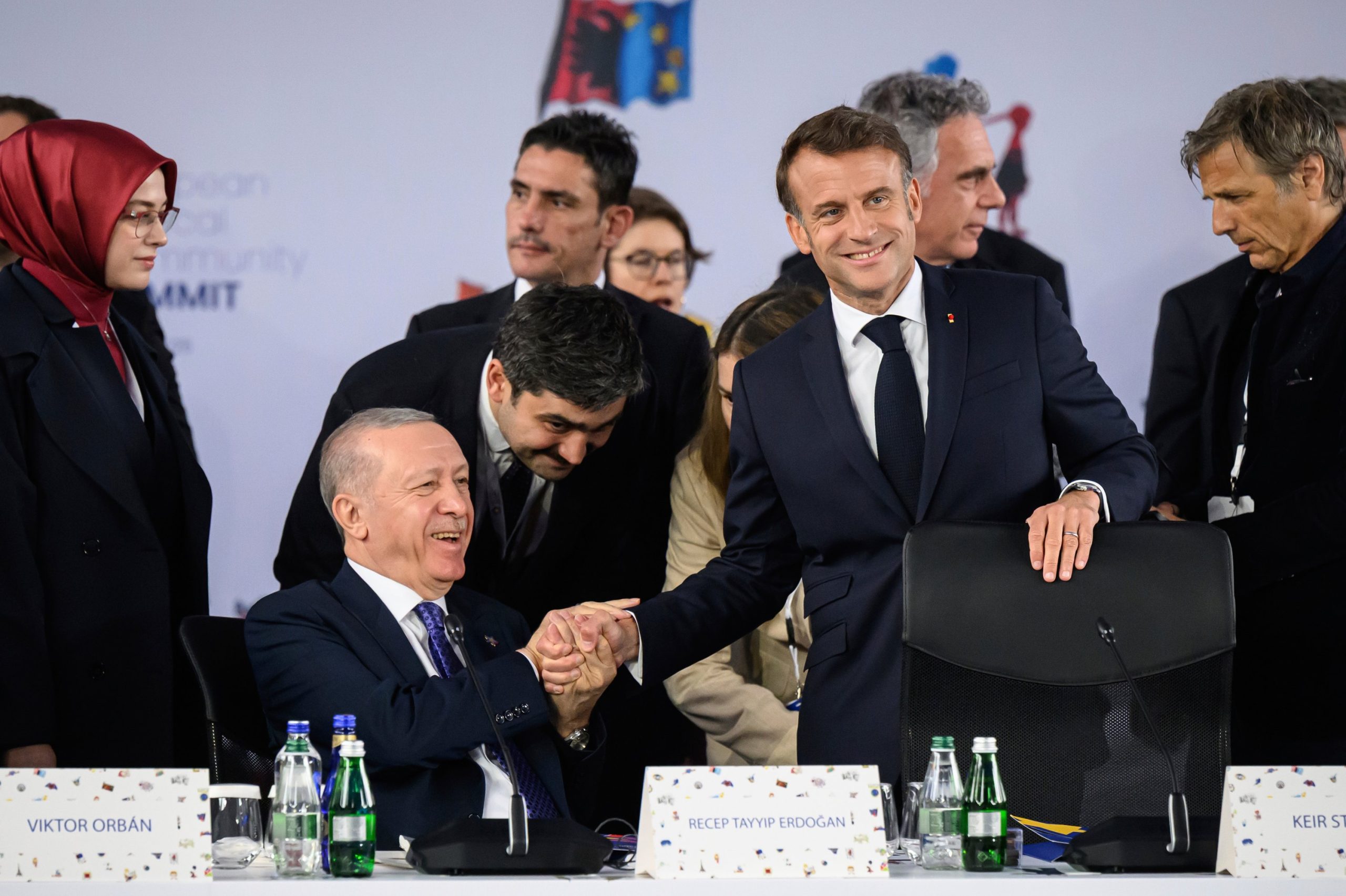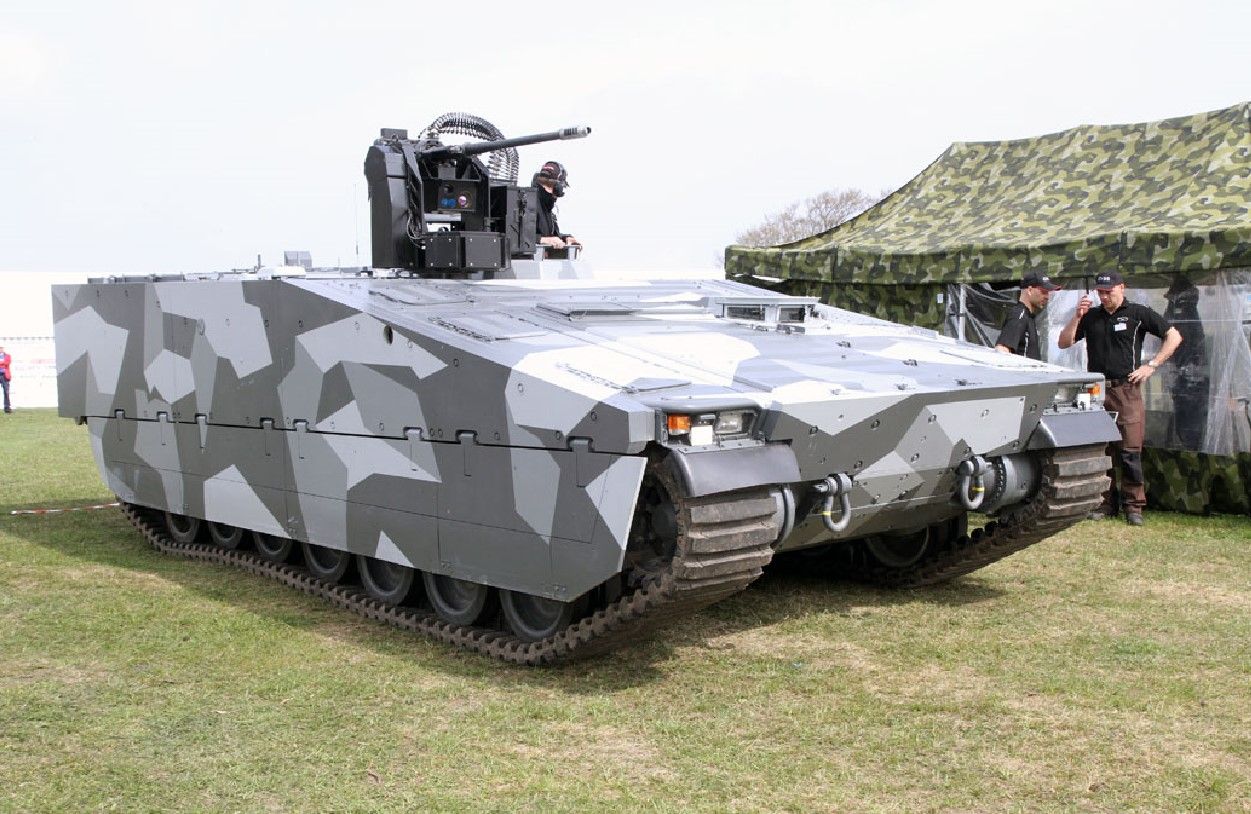Türkiye’s strategic and growing military influence positions it as a central actor in Europe’s shifting security and defense architecture, according to international affairs expert Professor Fahrettin Altun, who spoke on May 21, 2025. The remarks come amid rising tensions across Eastern Europe, the Middle East, and the Mediterranean, where Türkiye’s military diplomacy and geopolitical posture are gaining renewed attention.
Altun, a senior advisor and communications director in the Turkish presidency, emphasized that Türkiye’s location, NATO membership, and indigenous defense industry make it indispensable to regional and transatlantic security frameworks.
“Europe cannot maintain a coherent defense strategy without Türkiye,” Altun stated. “From counterterrorism to energy security, Türkiye is no longer a peripheral player — it is a pivotal one.”
🛡️ Türkiye’s Expanding Defense Role
Over the past decade, Türkiye has transformed its defense capacity by investing in indigenous weapons systems, including the Bayraktar TB2 drones, advanced missile systems, and naval platforms. Turkish defense exports have surged, reaching dozens of countries, especially in Africa, Central Asia, and the Balkans.
Türkiye has also taken an increasingly proactive role in NATO operations and EU-border security missions, especially regarding migration management, maritime patrols, and counterterrorism operations in Syria and Iraq.
“Unlike many NATO members, Türkiye combines hard power with operational readiness,” Altun noted.
🌍 Diplomatic and Regional Influence
Altun argued that Türkiye’s influence goes beyond its military — extending into energy corridors, diplomatic mediation, and conflict resolution. Türkiye has hosted peace talks between Russia and Ukraine, brokered grain deals through the Black Sea, and mediated between Gulf states and Iran.
Its position as a bridge between Europe, Asia, and the Middle East gives Ankara a unique capacity to act as both a security partner and political interlocutor.
“Türkiye is not a threat to Europe’s stability, as some portray,” Altun said. “It is an anchor of stability in an increasingly unstable world.”
🇪🇺 Friction and Alignment with Europe
Despite its key role, Türkiye’s relationship with the European Union remains complicated. Disagreements over human rights, democratic standards, and Cyprus continue to strain ties, but defense and migration cooperation have steadily increased.
EU officials recently acknowledged that Türkiye is “an essential security partner,” particularly in countering Russian influence in the Black Sea and managing irregular migration from the Middle East.
Altun called on Brussels to redefine its relationship with Ankara based on shared strategic interests rather than outdated political rifts.
“Europe must move beyond double standards,” he said. “A security partnership with Türkiye must be treated as a priority, not a concession.”
Looking Forward: Strategic Autonomy and Cooperation
With rising discussions in Europe about “strategic autonomy,” Türkiye’s defense alignment may offer both opportunities and dilemmas. As EU countries re-evaluate their dependence on U.S. military support, Türkiye’s hybrid model — balancing NATO membership with an independent foreign policy — could serve as a reference.
Ankara is also exploring deeper military-industrial cooperation with Germany, Italy, and Poland, and aims to expand joint defense production and interoperability programs.
Conclusion
As geopolitical instability escalates across Europe’s periphery, Türkiye is emerging as a non-negotiable component of any serious European security blueprint. Whether through NATO deterrence, regional mediation, or defense innovation, Ankara’s evolving role is likely to shape the continent’s strategic future — whether Europe fully embraces it or not.
“In a fragmented world,” Altun concluded, “Türkiye is the glue that can hold the security map together — if Europe has the foresight to see it.”
Source; Daily Sabah



